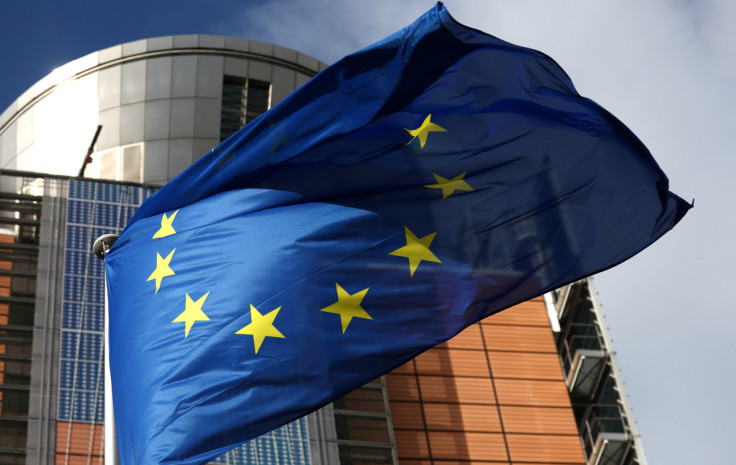EU Bans Politicians From Saying 'Tradesman' and 'Man-made' In Favour of 'Inclusive' Language
This is not the first time the EU has faced backlash over its language guidelines.

The European Union has urged politicians, officials, and translators to ditch common words and phrases containing 'man' in an effort to promote inclusivity—sparking fierce backlash from critics who accuse the bloc of 'woke nonsense'.
The latest edition of the European Commission's English Style Guide, published in February, advises against terms such as 'tradesman', 'man-made', and 'man in the street', suggesting alternatives like 'trader', 'artificial', and 'the average person'. Officials are also encouraged to replace 'man hours' with 'labour hours' and 'mankind' with 'humanity'.
The guide extends beyond gendered language, recommending 'first name' instead of 'Christian name' and 'simply put' in place of 'in layman's terms'. It even discourages the use of 'husband' and 'wife', favouring 'spouse' or 'partner' instead.
'Woke Nonsense Feels Outdated'
Critics have ridiculed the EU's linguistic overhaul, with some accusing the Commission of overstepping its authority.
Lord Young, founder of the Free Speech Union, dismissed the move, telling The Telegraph: 'This sort of woke nonsense now feels completely outdated. The European Commission clearly hasn't got the memo. I think JD Vance needs to make another speech.'
Alka Sehgal Cuthbert, director of the campaign group Don't Divide Us, also condemned the guidelines, arguing they were not inclusive but 'anti-democratic'.
'Ordinary people need the freedom to speak in the language they and previous generations have grown up with,' she told The Daily Mail. 'Yes, language evolves, but a patronising linguistic putsch by the European Commission is a step too far.'
Previous Language Edits Sparked Outrage
This is not the first time the EU has faced a backlash over language reforms. In 2021, a previous version of the guide was swiftly withdrawn after controversy over its recommendation to replace 'Christmas' with 'holiday season'.
At the time, former Italian Prime Minister Matteo Renzi welcomed its withdrawal, stating: 'It was an absurd and wrong document. A community is not afraid of its roots. Cultural identity is a value, not a threat.'
Similarly, a 2024 report from the European Institute for Gender Equality drew criticism for suggesting that 'no man's land' should be replaced with 'unclaimed territory' and 'Joe Public' with 'average citizen'.
The guide also warned against words like 'shrill' and 'pushy', claiming they carry negative connotations often associated with women, instead recommending 'high-pitched' and 'assertive'. Meanwhile, 'virile' was deemed too gendered and should be replaced with 'strong' or 'energetic'.
A Politically Correct EU?
The EU has long sought to remove gendered language from official documents. A 2018 gender-neutral language guidebook advised against using 'statesman', 'fisherman', and 'chairman', instead recommending 'political leader', 'fisher', and 'chair'.
Defending the push for inclusivity, the European Commission stated: 'Gender-neutral or gender-inclusive language is more than a matter of political correctness. Language powerfully reflects and influences attitudes, behaviour, and perceptions.'
Despite its intentions, the latest guidance has done little to win over its critics, who argue the EU is focusing on the wrong priorities. While Brussels insists the move will create a more inclusive society, others see it as unnecessary interference—one that risks alienating the very people it claims to support.
© Copyright IBTimes 2025. All rights reserved.




















